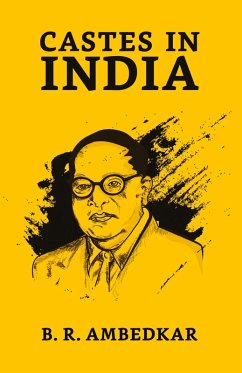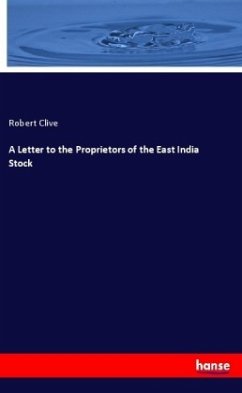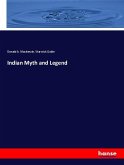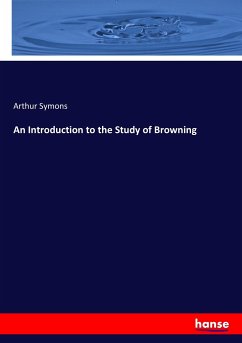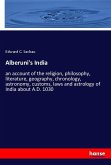Evils like rigid caste system and religious fanaticism have existed in India since a long time. Dr B.R. Ambedkar has accomplished a tremendous work out of making the voices of the people of the scheduled caste heard. He has been one of the social reformers who stood fearlessly against so many difficulties but only spoke what was stark reality. This made everyone sit up and take note of how a stagnant way of dividing the society was keeping the country away for accelerating on the path to progress. With the help of this book, he has tried to bring about a clarity in the concept that the origin of caste system was based on the idea of division of labour, but over a period of time it has become so rigid that it has established itself as a hierarchy and now it is simply division of labourers.
Hinweis: Dieser Artikel kann nur an eine deutsche Lieferadresse ausgeliefert werden.
Hinweis: Dieser Artikel kann nur an eine deutsche Lieferadresse ausgeliefert werden.

